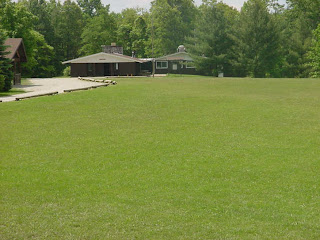Students in Reading Workshop are constantly working in pairs, and small groups. Almost every project has at least one part that requires teamwork. Sometimes this might be a brainstorming session. Other times partnership might be for revising and editing a piece of writing. Frequently it is just a couple of minutes to share ideas.
Although occasionally students are paired randomly, most of the time partnerships and teams are put together in a way to ensure success.
Reasons students are partnered might include:
- A strong-minded uncompromising student is put with a similar student just to force both to work together to be successful.
- Quiet, easy going students are put together to build leadership skills.
- Students strong in a certain area are paired with a student that is struggling.
- Students struggling might be partnered to work through troubles together.
- Students that don't care are partnered to force them to deal with common attitudes.
- Natural leaders are grouped in situations that allow them to utilize their strength.
- Creative students are placed together to stretch their limits.
- Creative students are separated to allow leadership and growth.
- Boys and girls are partnered so that differences in thought processes can increase chances of success.
- Reluctant learners are joined with enthusiastic students to motivate them.
- Enthusiastic students are partnered to allow them the chance to immerse themselves in a project.
- Friends are put together just so they can be with each other.
- Students that are not friends are put together to help expand their circles.
These are just some of the reasons students work together. Regardless of the reason, working together and the cooperation this demands is an extremely important skill. How students deal with a partner, or contribute to a group is always reflective of their attitude and work ethic.
What kind of a partner are you? Describe yourself based on your partner.
Image from http://vik.podbean.com
Image from http://vik.podbean.com










